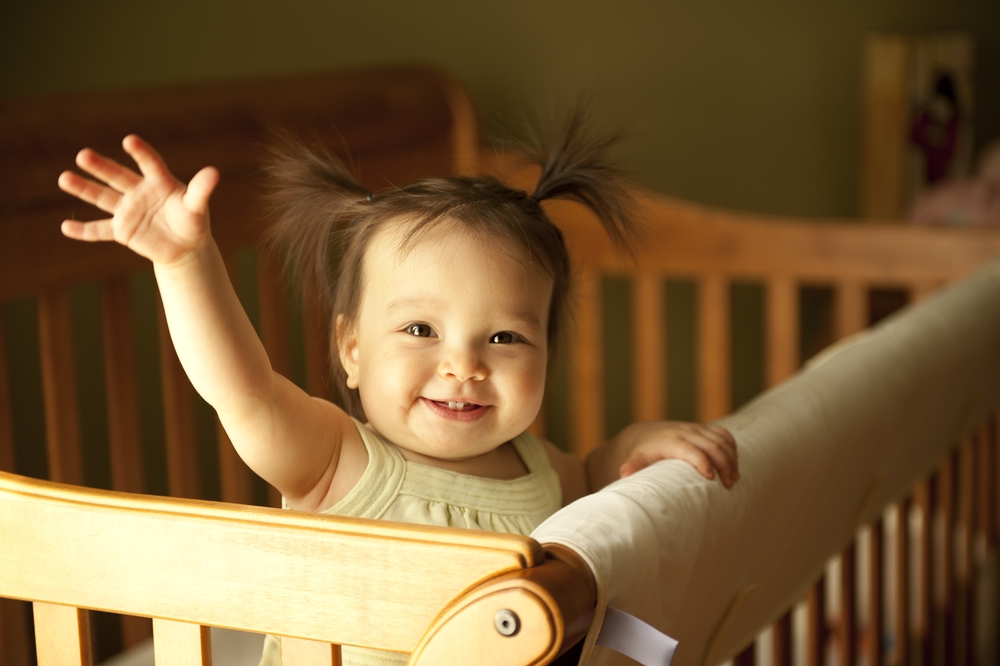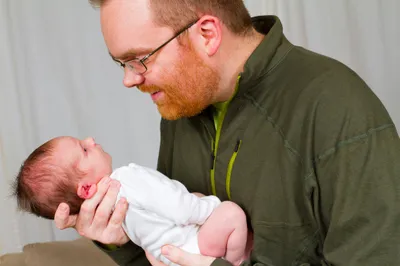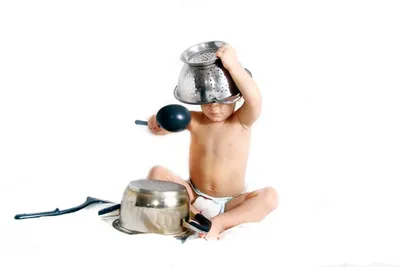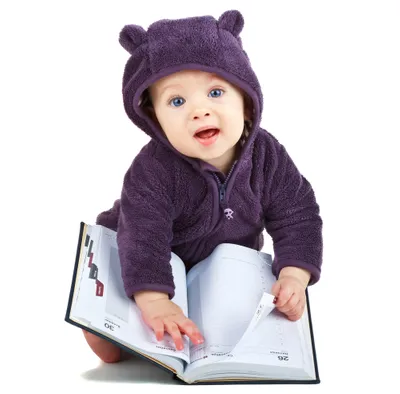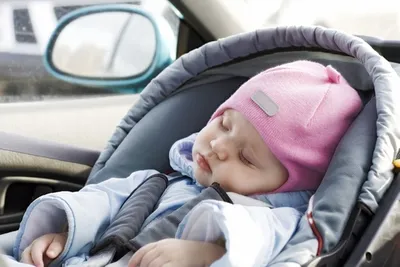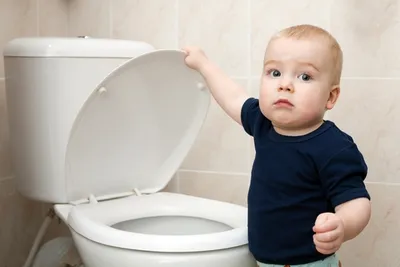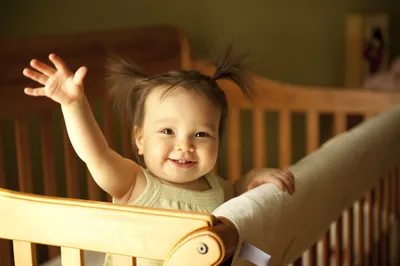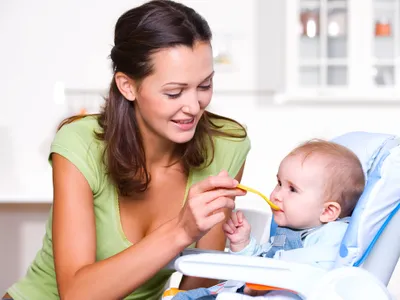You might wonder as a parent, especially a first time parent, how you would know if your baby’s hearing was impaired. Sure, you can have your health care provider perform an audio screening exam. However, there are red flags that parents and caregivers can also be aware of that signal a baby’s hearing may be damaged or undeveloped.
The following early warning signs of hearing loss in babies and infants are not immediate cause for fear. However, if multiple signs are present, you should bring them to the attention of your family health care provider immediately…
Newborn to 3 months
1. Doesn’t Respond to Loud Sounds
One of the first hearing red flags that parents can test on babies who are newborn to 3-months of age is their response to loud sounds—for example, the bang of falling objects, clapping, a dog barking, a car backfiring, the crack of thunder, an alarm clock, music, and even voices. Your baby should startle in response to these loud sounds.
2. Lack of Response to Familiar Voices
Babies with acute hearing will respond to familiar voices—such as those of their parents or siblings. They may become quite and turn their faces towards the sound of a parent coming home or in a nearby room. They will also wake up if they hear the raise of a familiar voice in a nearby room.
3. Isn’t Soothed by Soft Vowels
Most babies will also be attracted to the soothing sound of soft vowels. Those long drawn ooos, ahhhhs, and ohhhs will calm most crying or fussy babies and around 2 to 3-months of age you will notice baby starting to mimic your vowel sounds (i.e., ohhhs).
4. Doesn’t Enjoy Making Noise
As babies find their voices and learn that humans respond to their screams, laughs, and cries, they will start to find enjoyment in making noise. For instance, you will notice babies shaking objects like rattles, bell, squeeze toys, and even banging on their toys because they enjoy the sound it makes. If they don’t start to make noise by 4 to 5 months, they may have hearing difficulties.
5. Lack of Babbling
It’s difficult to find a 4 to 6 month old baby that doesn’t constantly babble—either to him or herself as well as back at mom, dad, siblings, and family members who speak to them. During this time period, babies use their hearing to start to imitate words and communicate out loud with their loved ones.
6. No Reaction to Changes in Tone
At about 6 to 7 months of age, most babies will be able to differentiate between tones of voice. For instance, a baby may not respond to a sharp “no” at 3 months because they don’t understand the tone is negative. However, by about 6 months a baby with healthy hearing should appear to understand your “no” and the tone that’s applied to the word.
7. Doesn’t Respond to Music or Vibrations
Closing in on the first year, babies will respond by bouncing and dancing to music. They may instantly start to bob up and down when they hear music played or they may appear to hear and feel the sounds of vibrating noises such as base or a vibrating toy or chair.
8. No Reaction when Called
Most babies will react to their name being called by the age of 8 to 12 months of age. A primary sign of hearing impairment, and part of a medical hearing test, is a baby’s level of response or lack thereof, in response to his or her name being called.
9. Doesn’t Fluctuate in Pitch
A baby that hears the sound of his or her voice clearly and understands and enjoys the reaction it gets from parents will quickly learn to vary his or her pitch when laughing, babbling, and screaming to get attention.
10. Lack of Attempt to Pronounce Words
Babies with healthy, developed hearing will begin to sound out words using the vowels they already know and adding consonants by the age of approximately 9 to 10-months of age. Their soft ooos and ahhs will start to be complimented with mmmms and bbbbbs as they attempt to mimic parents, sing along with music, and attempt familiar words such as “mama” or “dada”.
